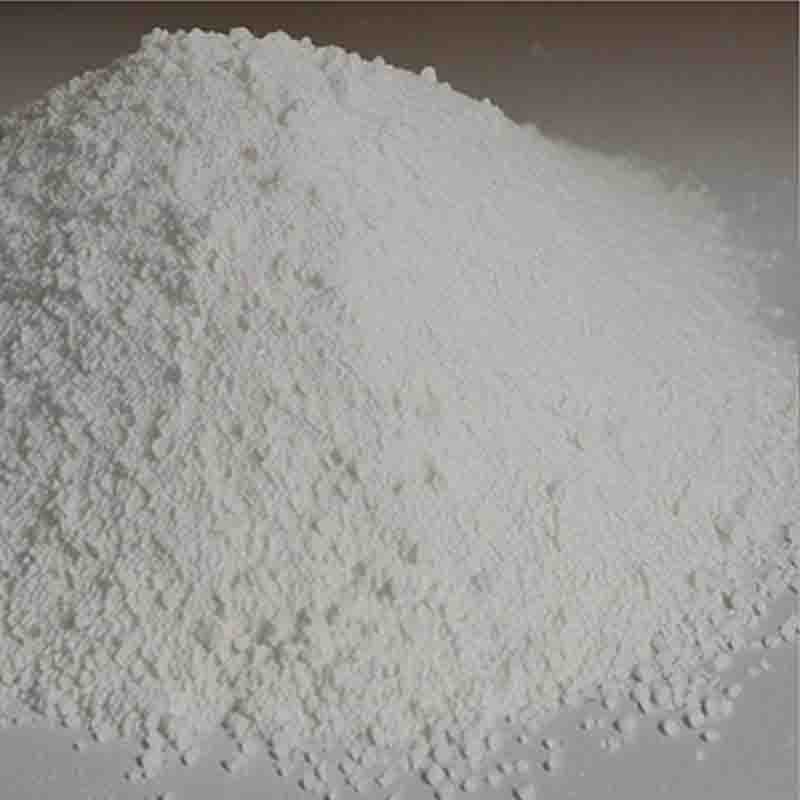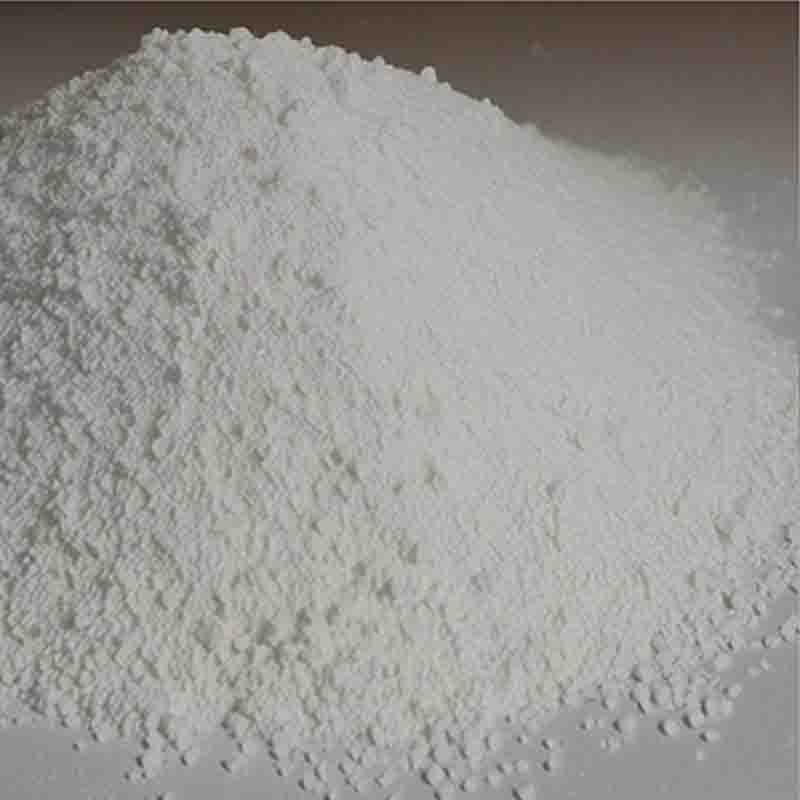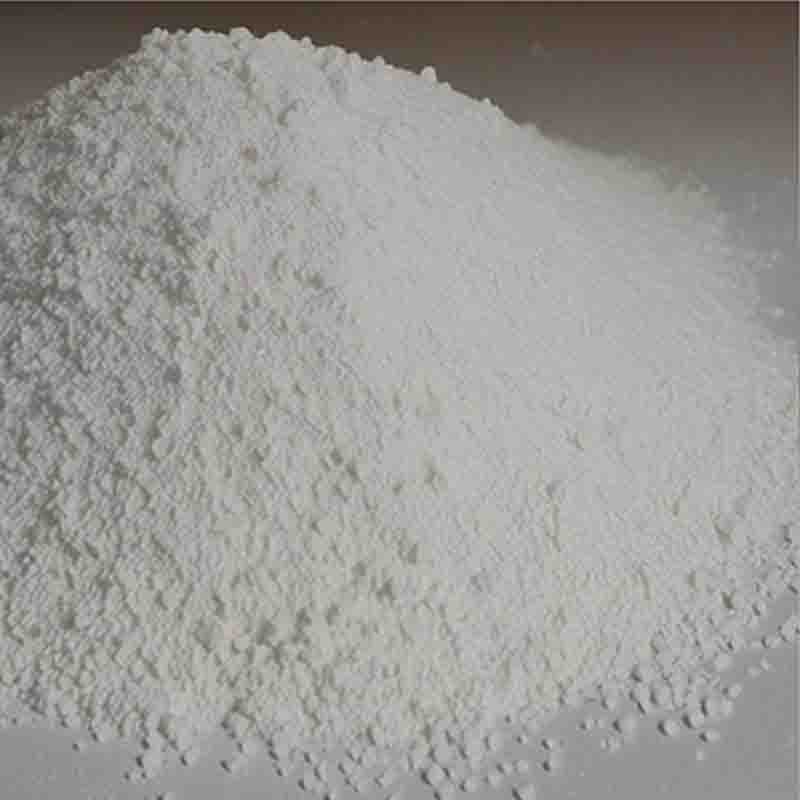Benzalkoniumchloride CAS:139-07-1
| Catalog Number | XD94782 |
| Product Name | Benzalkoniumchloride |
| CAS | 139-07-1 |
| Molecular Formula | C21H38ClN |
| Molecular Weight | 339.99 |
| Storage Details | Ambient |
Product Specification
| Appearance | White powder |
| Assay | 99% min |
Benzalkonium chloride (BAC) is a widely used quaternary ammonium compound with numerous effects and applications. It is commonly found in household and industrial products, as well as in the healthcare and pharmaceutical industries.One of the primary effects of BAC is its antimicrobial activity. It is an effective disinfectant against a wide range of microorganisms, including bacteria, viruses, fungi, and protozoa. BAC disrupts the cell membranes of these microorganisms, leading to their inactivation or destruction. This makes it a popular ingredient in disinfectants, sanitizers, and antiseptic solutions used for surface cleaning, wound care, and personal hygiene.Another important effect of BAC is its surfactant properties. As a surfactant, it reduces the surface tension of liquids, allowing them to spread and penetrate more easily. This makes it an effective ingredient in various cleaning products, including detergents, soaps, and shampoos. BAC helps in emulsifying oils and dirt, facilitating their removal from surfaces or materials.In addition to its antimicrobial and surfactant effects, BAC has been found to have anti-viral properties. Studies have shown that BAC can inhibit the replication of certain viruses, including enveloped viruses like respiratory syncytial virus (RSV) and herpes simplex virus (HSV). This attribute has led to its incorporation in some antiviral products.BAC is also known for its preservative qualities. It is often used in pharmaceutical preparations, eyedrops, nasal sprays, and contact lens solutions to prevent the growth of bacteria, fungi, and other microorganisms. BAC's preservative properties help to extend the shelf life of these products and maintain their sterility.While BAC has several beneficial effects, it is important to note that it can also have adverse effects if not used properly. Higher concentrations of BAC can cause skin irritation, allergic reactions, or damage to the eyes. Some studies have suggested a potential link between BAC exposure and respiratory issues. Therefore, it is essential to follow the recommended guidelines and dilution ratios when using products containing BAC.In conclusion, benzalkonium chloride's effects are primarily centered around its antimicrobial, surfactant, anti-viral, and preservative qualities. Its versatile range of applications makes it a key ingredient in various products. However, it is crucial to be aware of the potential risks associated with its use and to take appropriate precautions to ensure safe handling and usage.


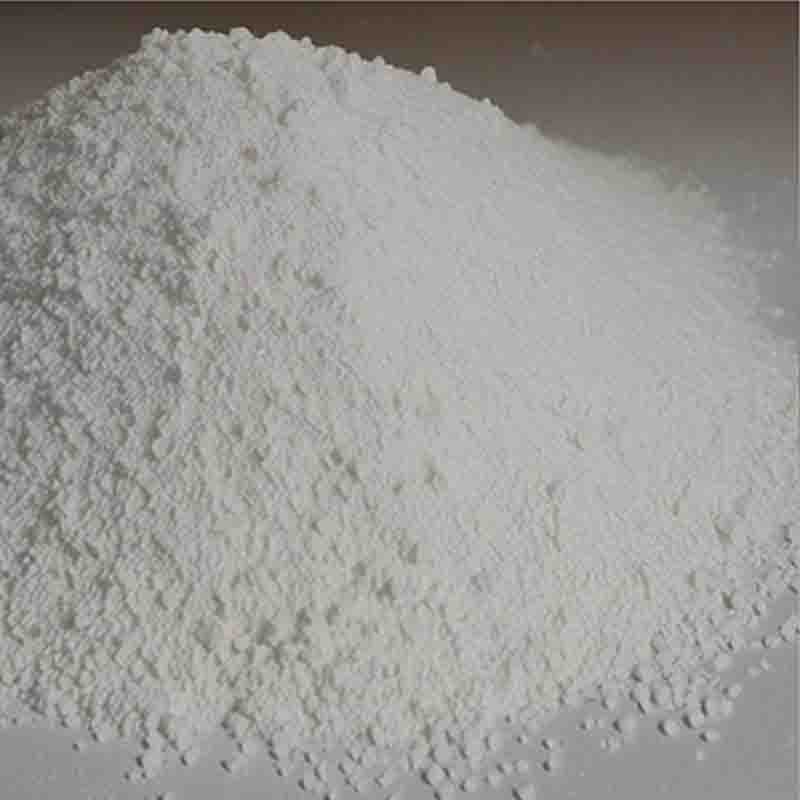

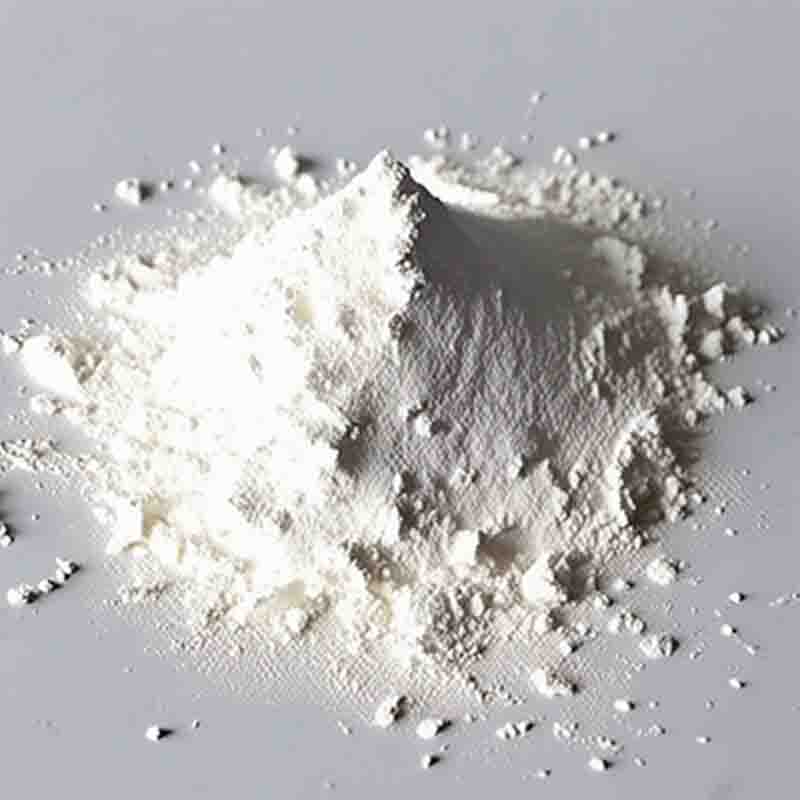

![2-butyl-4-chloro-4,5-dihydro-5-hydroxymethyl-1-[2'-(2-triphenylmethyl-1,2,3,4-2H-tetrazol-5-yl)-1,1'-biphenyl-4-methyl]-1H-imidazole CAS:133909-99-6](https://cdn.globalso.com/xdbiochems/白色粉末21709.jpg)
